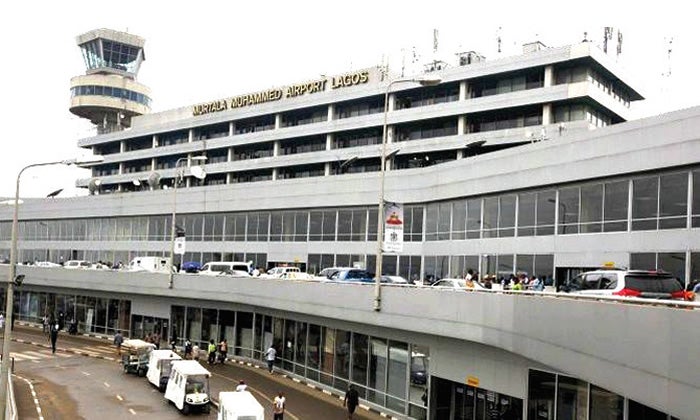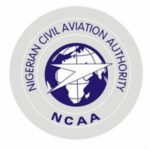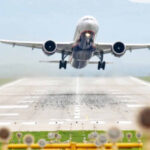Aviation analyst, Capt. Ibrahim Yunusa has said the sector’s growth has been thwarted by what he called the absence of policy consistencies.
Daily Trust reports that about 60 airlines have collapsed since independence with the few existing ones struggling to remain afloat.
- Despite Suspension, FG Pegs N1bn For National Carrier
- ‘National Carrier Can Save Nigeria $3bn Yearly’
According to him, the sector started facing trouble with the introduction of Second Tier economic policy by former Head of State, Ibrahim Babangida.
By the second-tier policy, the foreign exchange market was dualised while the policy of the Central Bank of Nigeria (CBN) fixing the exchange rate was stopped in 1986.
This policy according to Capt. Yunusa did not favour aviation as the sector is tied to US dollars.
“You need US dollars to purchase spares and pay for services and debts as the aviation business is tied to the US dollar, which gradually saw the collapse of many airlines,” he said.
Speaking with Daily Trust, Yunusa noted that “Nigerian Aviation was stable before and after independence with the West African Airways Corporation and the establishment of the Nigeria Airways as the government owned national carrier and major player together with a couple of Air Charter companies in various sizes up to the 1970s.
According to him, the liquidation led to the exit of the major player in the aviation industry.
He noted that the national carrier was all-encompassing as a provider of services including passenger services, charter services, maintenance services, training services for all sectors of the aviation industry while creating employment for thousands of people.
He added that other factors, which have facilitated the collapse of many airlines since independence include fuel cost, foreign exchange rate, high charges, and taxes by the governing bodies and governments.
“Lack of continuity is another major problem to the aviation industry,” he stated.
“The industry as presently constituted, he said “is in a struggling mode to survive. Though the government has been assisting and reorganising the industry to survive over the years, however, a lot more is required to align Nigerian Aviation with global aviation.”

 Join Daily Trust WhatsApp Community For Quick Access To News and Happenings Around You.
Join Daily Trust WhatsApp Community For Quick Access To News and Happenings Around You.


